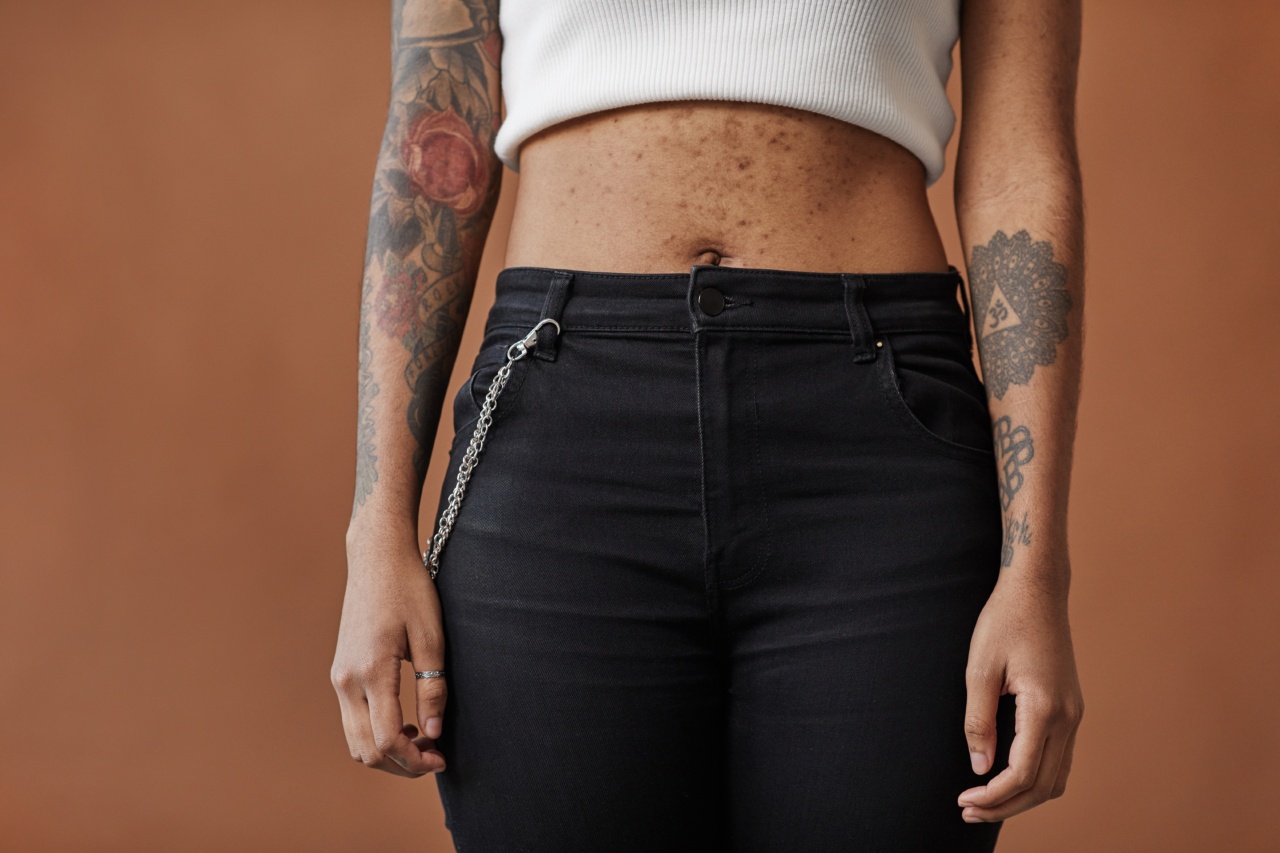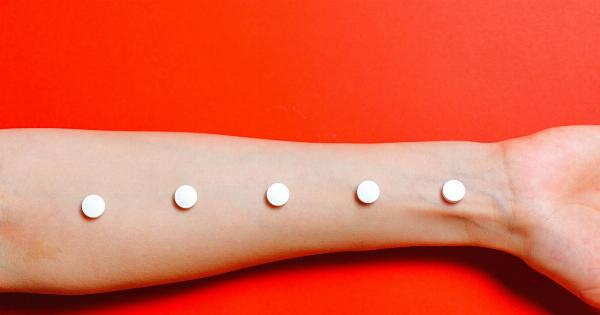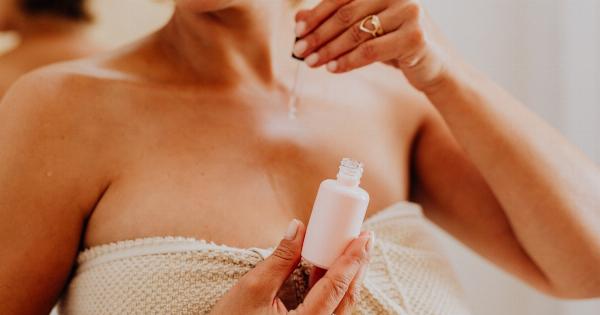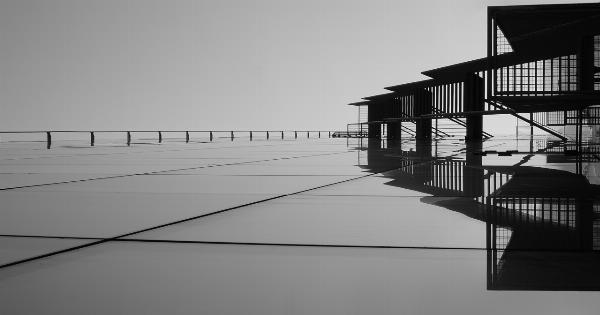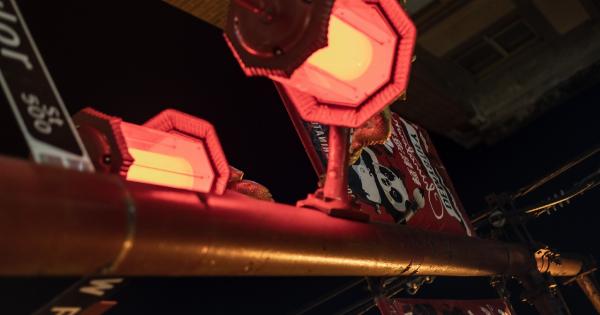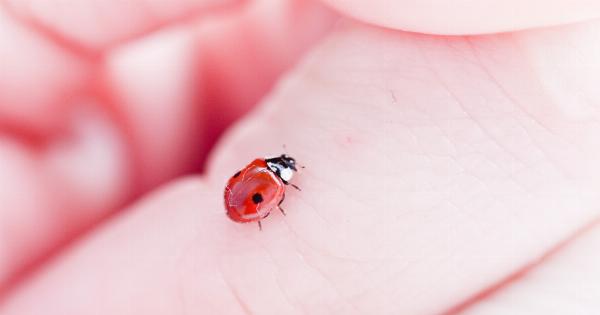Acne is one of the most common skin conditions affecting millions of people worldwide. While almost everyone has experienced some form of acne during their lifetime, there are several misconceptions about this skin condition.
These misconceptions can lead to frustration, confusion, and even ineffective treatments. This article will explore the top 30 misconceptions about acne.
Misconception 1: Acne Only Affects Teenagers
Contrary to popular belief, acne is not limited to teenagers. While teenagers are more likely to experience acne due to hormonal changes during puberty, anyone can have acne at any age.
Adults, especially women, can also experience acne due to hormonal changes during pregnancy, menopause, and menstruation.
Misconception 2: Acne is Caused by Poor Hygiene
Acne is not caused by poor hygiene or lack of cleanliness. In fact, excessive washing or scrubbing can irritate the skin and worsen acne. Acne is caused by a combination of factors including hormonal changes, genetics, and clogged pores.
Misconception 3: Acne is Only Caused by Greasy Foods
While greasy foods can worsen acne in some people, they are not the sole cause. Diet plays a role in acne, but it is not the only factor. Hormonal changes, genetics, and stress can also contribute to acne.
Misconception 4: Acne is Contagious
Acne is not contagious and cannot be spread from person to person through physical contact.
However, if someone shares the same towel or other personal items with an individual with acne, they may be more prone to developing acne due to clogged pores from the shared item.
Misconception 5: Popping Pimples is the Best Way to get Rid of Acne
Popping pimples can actually worsen acne by spreading bacteria and causing inflammation. This can also lead to scarring and prolong the healing process.
It is best to avoid popping pimples and instead use an acne treatment recommended by a dermatologist to safely and effectively treat acne.
Misconception 6: Tanning can Cure Acne
Tanning is not a cure for acne. While tanning may temporarily improve the appearance of acne, it can worsen it in the long run by causing skin damage and increasing the risk of skin cancer.
It is important to use sunscreen to protect the skin from UV damage.
Misconception 7: Acne Only Affects the Face
Acne can affect any part of the body including the chest, back, and shoulders. In fact, some people may only experience acne on their body and not on their face.
Misconception 8: All Acne Products Work for Everyone
Not all acne products work for everyone. Different types of acne and skin types may require different treatments. It is important to consult with a dermatologist to determine the most effective treatment plan for individual needs.
Misconception 9: Acne Will Go Away on its Own
While some cases of acne may resolve on their own, others may require treatment. In some cases, untreated acne can lead to scarring and permanent skin damage. It is important to seek treatment early to prevent long-term effects.
Misconception 10: Scrubbing the Skin will get rid of Acne
Scrubbing the skin can actually worsen acne by irritating and inflaming the skin. This can lead to more clogged pores and breakouts. It is best to use a gentle cleanser and avoid harsh scrubbing or exfoliating.
Misconception 11: Acne is Only a Cosmetic Concern
Acne can have a significant impact on an individual’s self-esteem. In some cases, acne can also cause physical discomfort and pain. It is important to seek treatment for acne not only for cosmetic purposes but also for overall well-being.
Misconception 12: Acne is a Result of Poor Diet
While diet can play a role in acne, it is not the sole cause. Hormonal changes, genetics, and stress can also contribute to acne. It is important to maintain a healthy and balanced diet, but dietary changes alone may not cure acne.
Misconception 13: Acne is caused by Dirt
Acne is not caused by dirt. In fact, excessive washing or scrubbing can irritate the skin and worsen acne. Acne is caused by a combination of factors including hormonal changes, genetics, and clogged pores.
Misconception 14: Only Prescription Medications can Treat Acne
There are several over-the-counter products that can effectively treat mild to moderate acne. However, more severe cases of acne may require prescription medication.
It is important to consult with a dermatologist to determine the most effective treatment plan.
Misconception 15: Acne is Caused by Poor Makeup Quality
While poor quality makeup can irritate the skin and worsen acne, it is not the sole cause. Acne is caused by a combination of factors including hormonal changes, genetics, and clogged pores.
It is important to use non-comedogenic makeup and to cleanse the face thoroughly before applying makeup.
Misconception 16: Tanning is the Best Way to Cover up Acne
Tanning is not a recommended way to cover up acne. While tanning may temporarily improve the appearance of acne, it can worsen it in the long run by causing skin damage and increasing the risk of skin cancer.
It is best to use a concealer or foundation specifically designed for oily or acne-prone skin.
Misconception 17: Acne is a Sign of Poor Personal Hygiene
Acne is not caused by poor personal hygiene or lack of cleanliness. In fact, excessive washing or scrubbing can irritate the skin and worsen acne. Acne is caused by a combination of factors including hormonal changes, genetics, and clogged pores.
Misconception 18: Acne is Only Caused by Overactive Oil Glands
While overactive oil glands can contribute to acne, it is not the sole cause. Acne is caused by a combination of factors including hormonal changes, genetics, and clogged pores.
It is important to address the underlying causes of acne to effectively treat it.
Misconception 19: Acne is only a Problem for Teenagers and Young Adults
Acne can affect anyone at any age. While teenagers are more prone to acne due to hormonal changes during puberty, adults, especially women, can also experience acne due to hormonal changes during pregnancy, menopause, and menstruation.
Misconception 20: Natural Remedies are Always Safe and Effective for Treating Acne
While natural remedies may have some benefit for treating acne, not all natural remedies are safe or effective. Some natural remedies may even worsen acne or cause skin irritation.
It is important to consult with a dermatologist before using any natural remedies for acne.
Misconception 21: Acne Will go Away Once Hormonal Changes Subside
While hormonal changes may contribute to acne, not all cases of acne are related to hormones. Hormonal changes during puberty, pregnancy, menopause, and menstruation may exacerbate existing acne or cause new breakouts.
It is important to seek treatment for acne to prevent long-term effects.
Misconception 22: Acne is Caused by Poor Digestion
While there may be some link between digestive health and acne, it is not the sole cause. Acne is caused by a combination of factors including hormonal changes, genetics, and clogged pores.
It is important to maintain a healthy and balanced diet, but dietary changes alone may not cure acne.
Misconception 23: Acne is Only Caused by Bacteria
While bacteria play a role in acne, it is not the sole cause. Acne is caused by a combination of factors including hormonal changes, genetics, and clogged pores. It is important to address the underlying causes of acne to effectively treat it.
Misconception 24: The More Acne Products I Use, the Faster my Acne will go Away
Using too many acne products can actually worsen acne by irritating and inflaming the skin. It is important to use a targeted and consistent approach to treating acne.
It is best to consult with a dermatologist to determine the most effective treatment plan.
Misconception 25: Toothpaste is an Effective Acne Treatment
Toothpaste is not an effective acne treatment. While some people may see a temporary improvement in their acne from toothpaste, it can actually worsen acne by causing skin irritation and inflammation.
Misconception 26: Acne is Caused by Poor Blood Circulation
While poor blood circulation may contribute to acne, it is not the sole cause. Acne is caused by a combination of factors including hormonal changes, genetics, and clogged pores.
It is important to address the underlying causes of acne to effectively treat it.
Misconception 27: Acne is Only a Problem for Women
Acne can affect both men and women. While women may be more prone to acne due to hormonal changes during pregnancy, menopause, and menstruation, men can also experience acne due to hormonal changes, genetics, and clogged pores.
Misconception 28: Acne is Only a Problem for People with Oily Skin
While oily skin may be more prone to acne, anyone can have acne at any skin type. Acne is caused by a combination of factors including hormonal changes, genetics, and clogged pores.
Misconception 29: Acne is Only a Cosmetic Concern
Acne can have a significant impact on an individual’s self-esteem. In some cases, acne can also cause physical discomfort and pain. It is important to seek treatment for acne not only for cosmetic purposes but also for overall well-being.
Misconception 30: Acne is Impossible to Treat
While acne can be frustrating and difficult to treat, there are several effective treatments available. It is important to consult with a dermatologist to determine the most effective treatment plan for individual needs.
